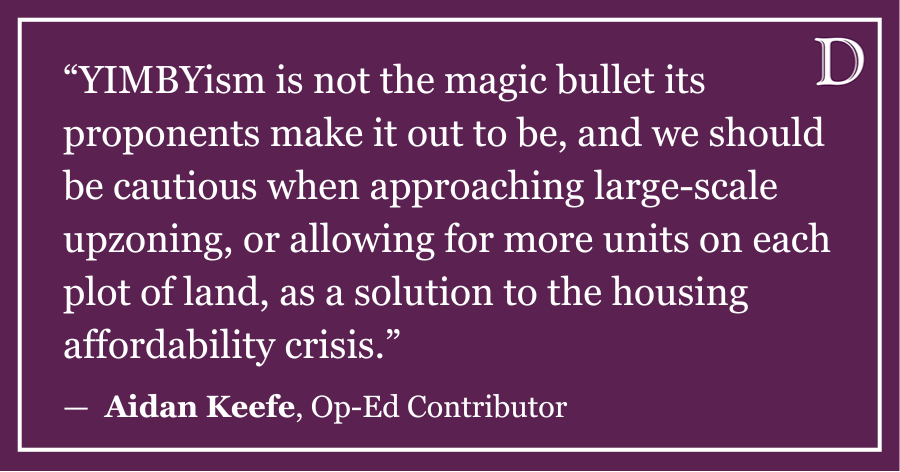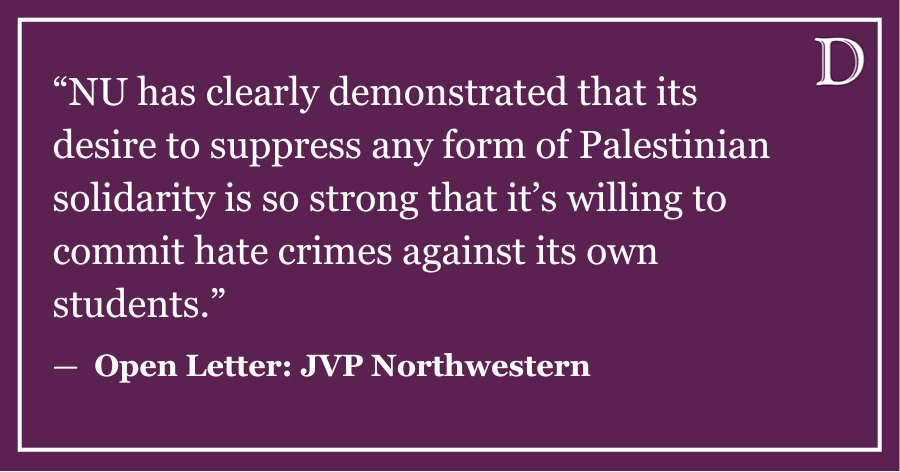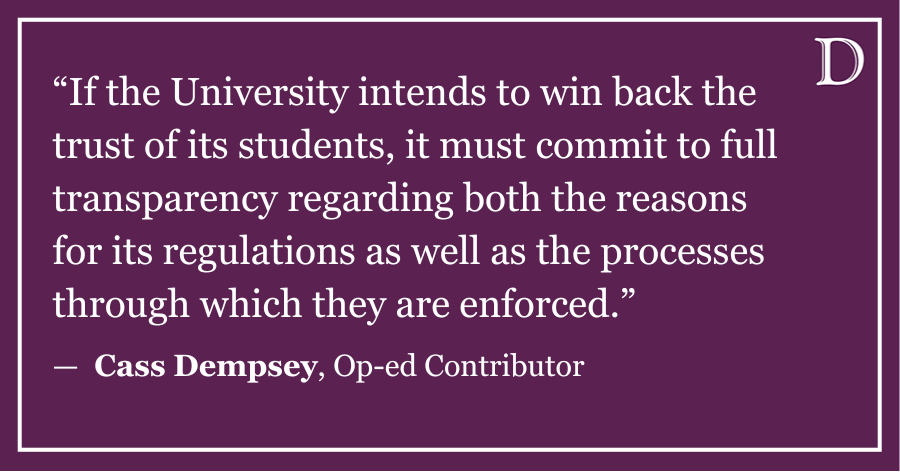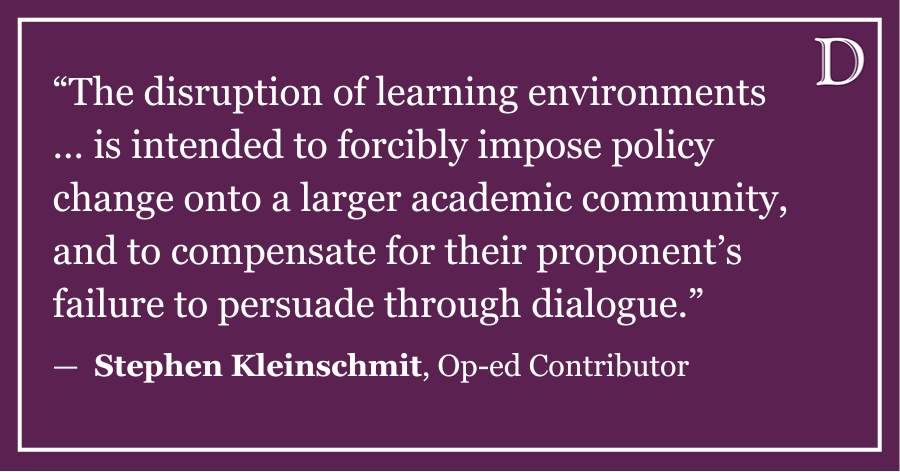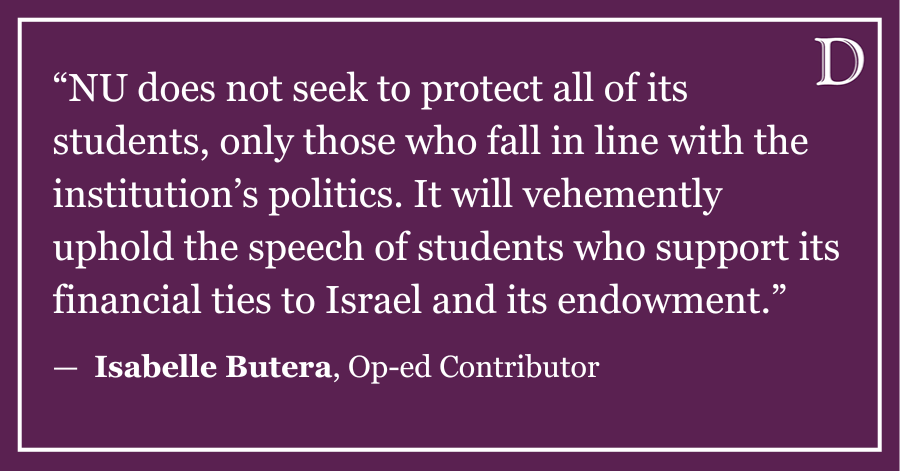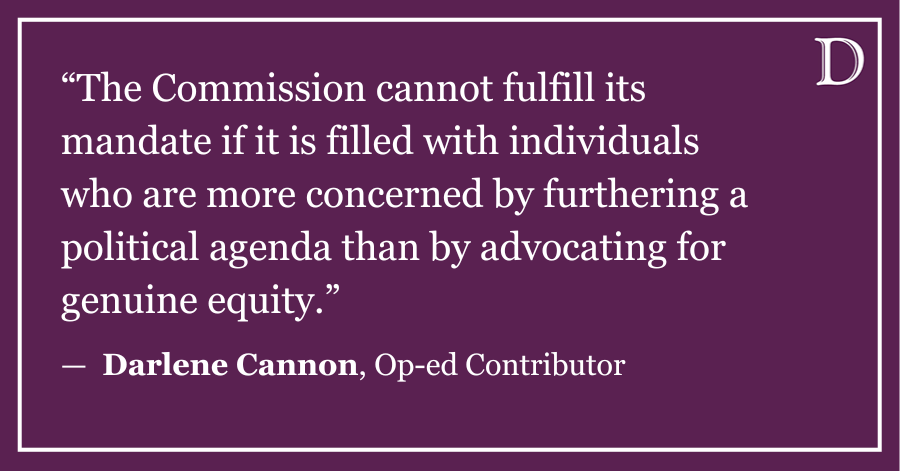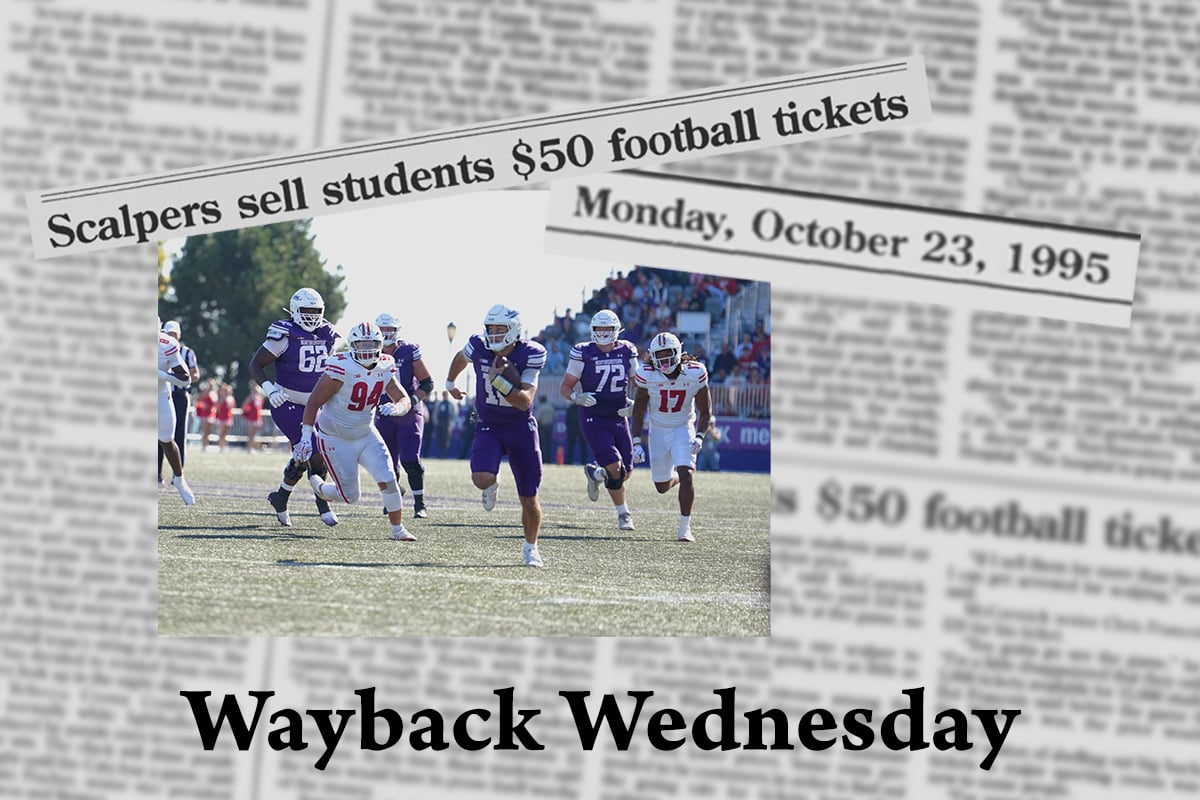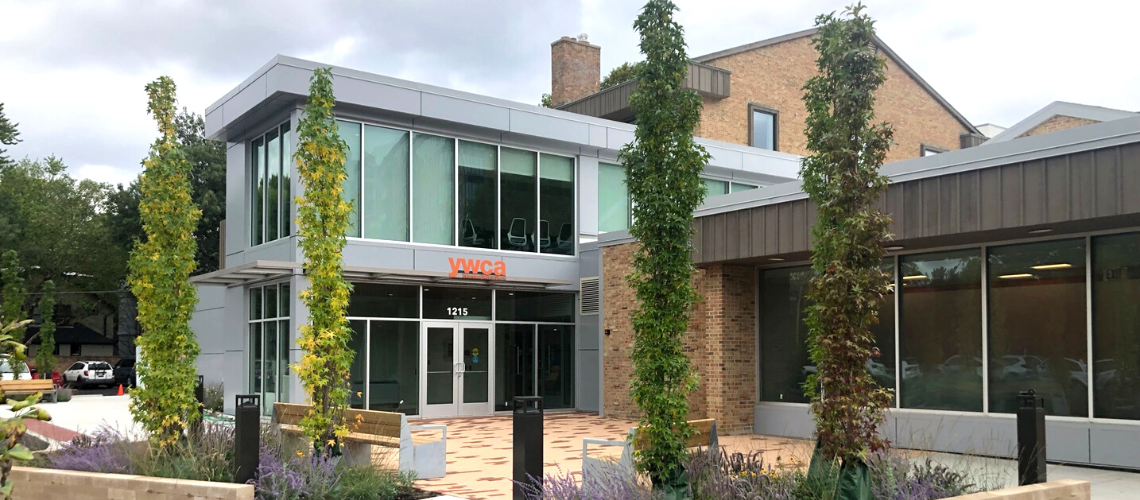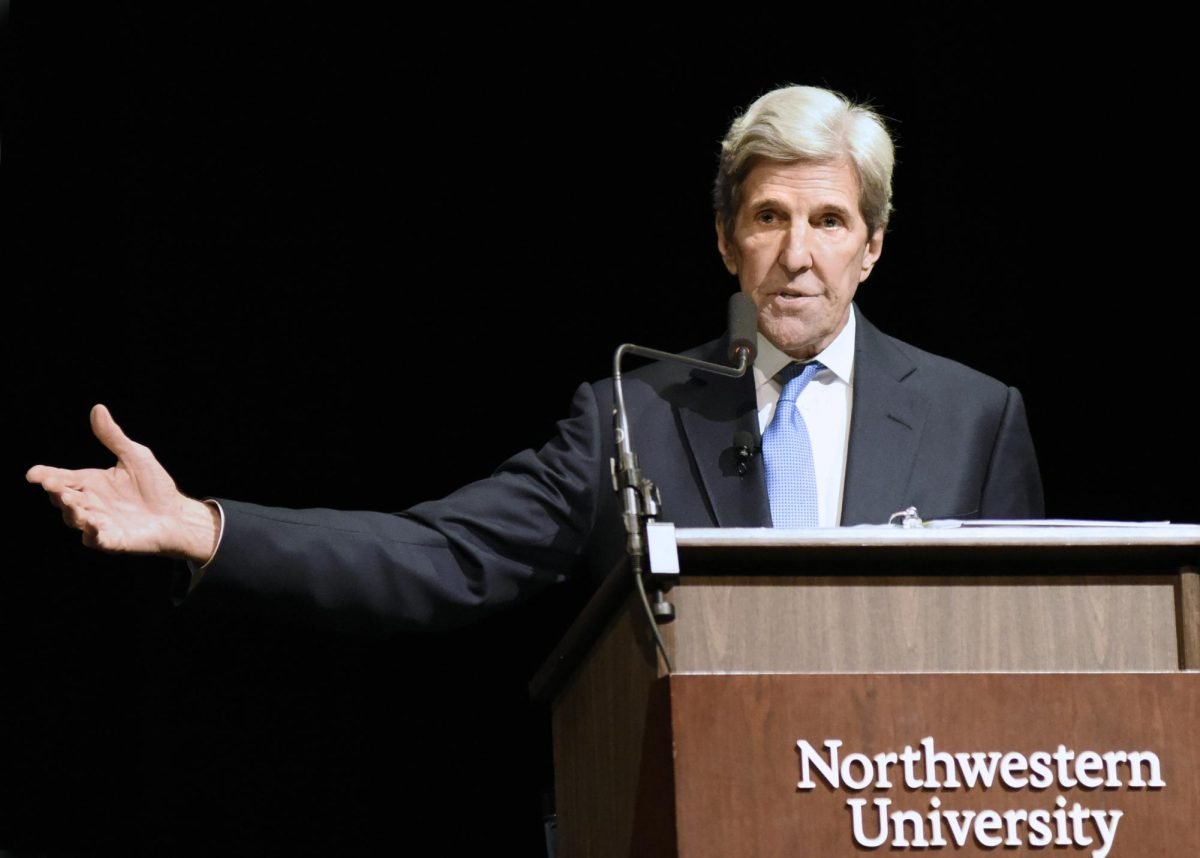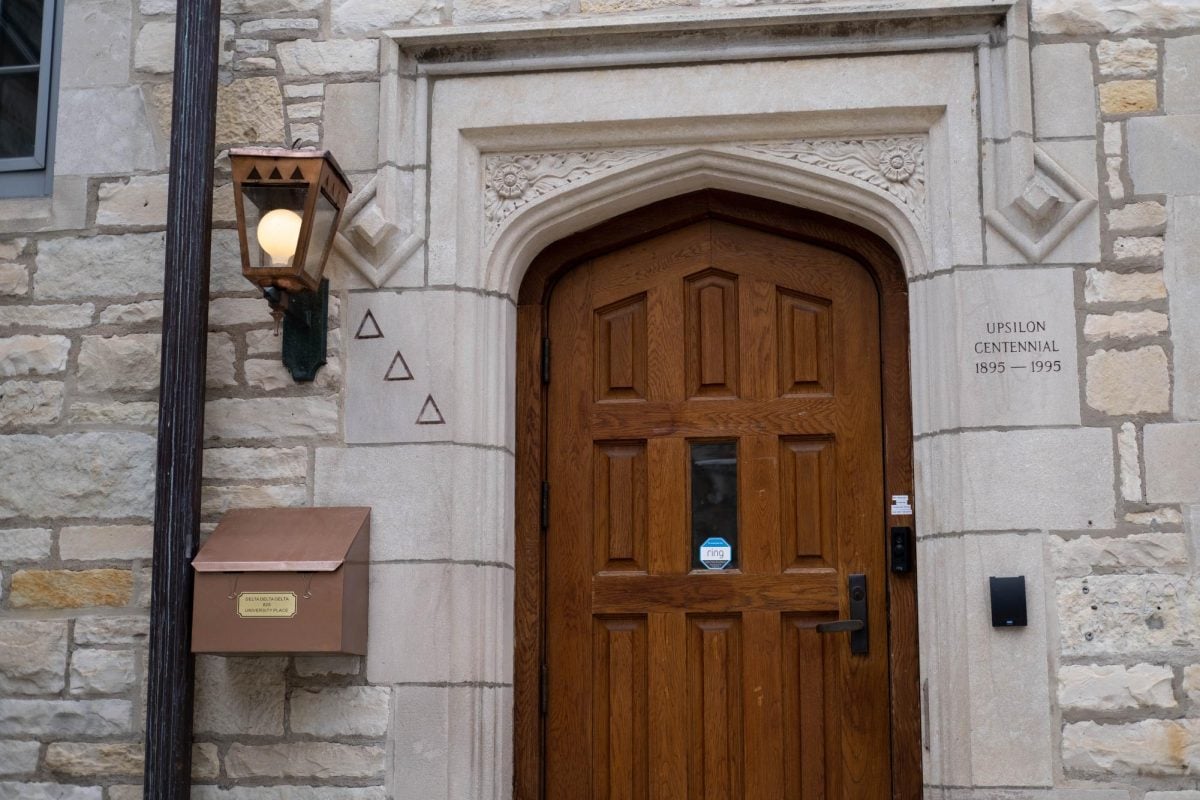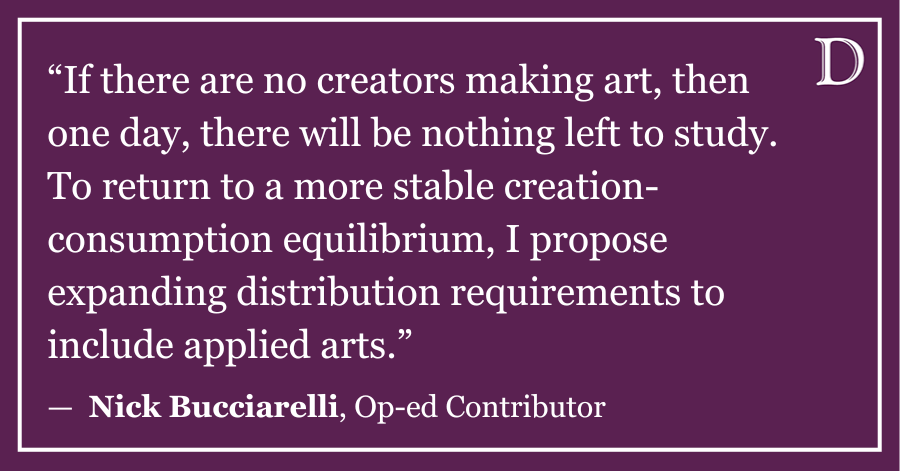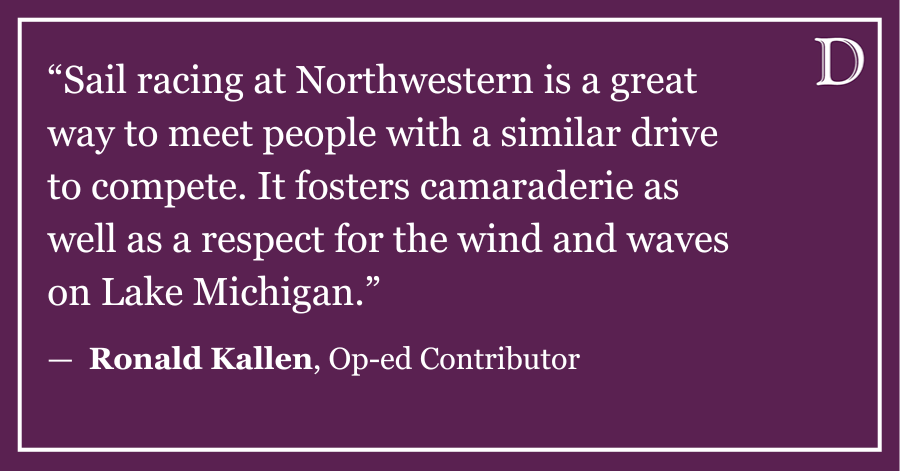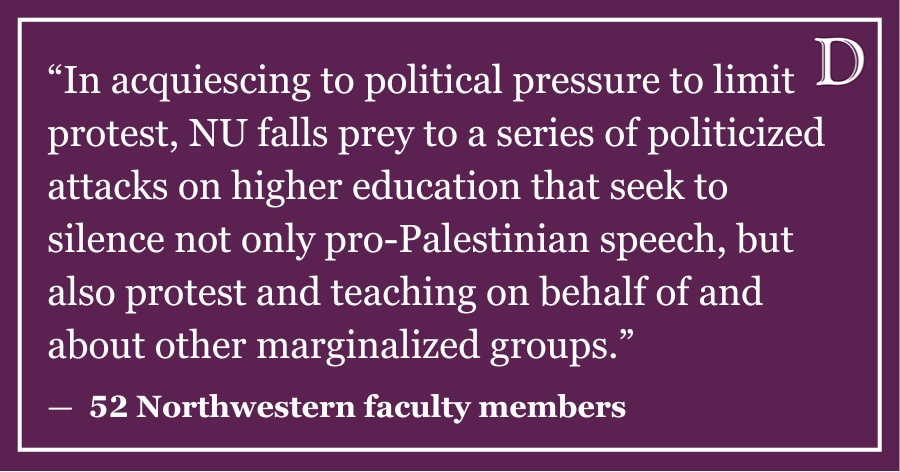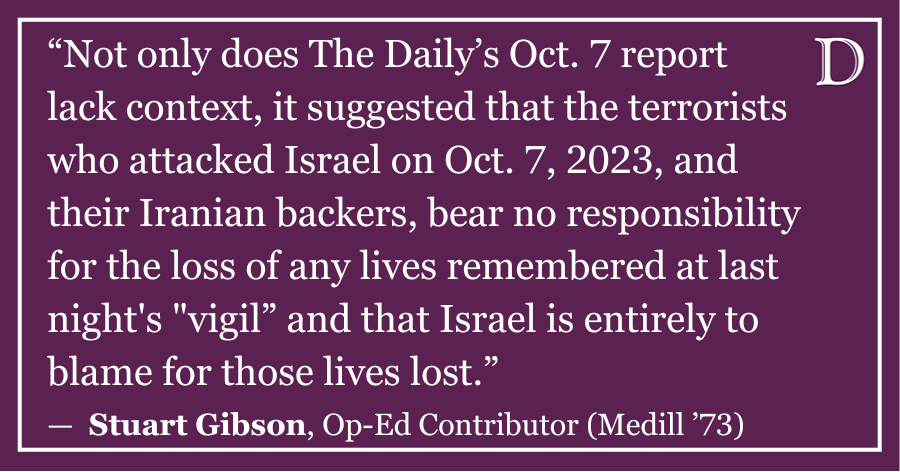Content warning: This story includes mentions of sexual harassment.
Pat Fitzgerald and I were raised in the same town: Orland Park, Illinois. We played on the same local peewee football team: Pioneers Football. We went to the same high school: Carl Sandburg High School. Fitzgerald is 15 years older than me, so our paths have never crossed and we have never spoken, but we went to school in the same buildings and had some of the same coaches. He was the alumnus who made it. The one they told us to look up to.
The locker rooms at Carl Sandburg High School were the first places I had my naked body assessed by others. This was the first place boys watched and commented on me as I undressed. The first place I saw boys and coaches make snide comments about my and other boys’ penis sizes and body shapes. I was called gay relatively often. This was the first place I had a middle-aged coach, standing silently, arms crossed, staring intently as I and other 15-year-old boys showered in front of him. You had to get naked and shower; coach would start making fun of you otherwise. These are not memories I look back on fondly or are easy for me to write about.
I was reminded of my time spent in the locker rooms at Carl Sandburg High School after reading the stories published by The Daily on ritualistic hazing in the Northwestern football program. As a faculty member in the Department of Sociology at NU, I am also now familiar with the long history of social science research on rituals, hazing and group initiation processes. These are topics I have spent time reflecting on recently.
In her now classic book “Dude, You’re a F— : Masculinity and Sexuality in High School” sociologist C.J. Pascoe describes how common my own experiences are for boys in America. Her study argues that these adolescent bullying cultures, often centered in middle school and high school locker rooms, play a massive role in defining masculinity for America’s boys. How else did we end up in a world where boys in America “looksmax” by “mewing” (develop the “ideal” masculine jawline using chewing exercises) to prove their undeniably masculine status? These insecurities do not emerge from nowhere.
Any sociologist worth their salt knows the social importance of rituals. Wendy Espeland, a colleague and mentor of mine in the sociology department, has driven this point home for countless Northwestern sociology students in her sociological theory class SOCIOL 306-0: Sociological Theory. Rituals allow humans to express group membership, process strong emotions and reinforce group solidarity. From birthdays and graduations to funerals and memorial services, humans mark important and particularly emotional life events with ritual. Perhaps nothing could be more human.
Group initiation processes, sometimes taking the form of hazing, are one such ritual. How do you know you are a true member of a group and not an outsider? Because you were initiated.
Another colleague and mentor of mine in the sociology department, Gary Alan Fine, has spent a large part of his career studying these initiation processes. For example, in high stress careers (think EMTs, police officers, emergency room physicians, active military, etc.) people bond over extremely dark jokes regarding the traumatic experiences they have faced. In fact, according to Fine, you are not considered a “true” member of these groups until you can take part in these joking cultures by having your own dark stories and jokes to tell. These small group joking cultures are beneficial, Fine would argue, because they help people bond, process traumatic experiences and build camaraderie in stressful situations.
However, these small group cultures can also easily become sites of insidious abuse and hazing similar to my high school locker room and those studied by C.J. Pascoe. This is why I found the humiliating hazing reported by The Daily this summer so gross yet unsurprising. People bond through shared emotions, and what shared emotions are more powerful than embarrassment and shame?
More so, when reporting hazing or abusive behavior means the threat of no longer being part of the social group, cultures of silence arise. I still can’t stop thinking about the article reporting that Black students who refused to cut their dreads in the spirit of “good clean American fun” were told to “check their scholarships.” These reports infuriate me.
I imagine there will always be some sort of initiation process on the NU football team. Selected players become some of the few athletes in the nation to play for a Big Ten school, practicing for hours and hours and hours together, trying to excel at coursework, athletics and socializing, even when a season doesn’t go as planned. These are exactly the types of intense social contexts where rituals and initiation processes arise. However, once these initiations cross a line to becoming abusive, racist or traumatizing, they need to be swiftly squashed.
Fitzgerald did not take responsibility for the pain he caused my students, and he has now lawyered up. This is not leadership. I am glad NU has taken steps to address hazing across the athletic department, and I hope this commitment is serious. NU has an opportunity to lead by example on this issue. This is surely not the only school where hazing happens – maybe we just have a good student newspaper. However, NU can be an institution that addresses these issues head on.
From my perspective as a sociologist, NU must make sure these harmful types of hazing are rigorously stomped out and left behind, while also acknowledging that becoming a member of any athletic team at Northwestern is a huge life event for our students. It is still something worth ritualizing and celebrating. Nothing could be more human.
David Schieber is an Assistant Professor of Instruction in the Department of Sociology at Northwestern University. If you would like to respond publicly to this op-ed, send a Letter to the Editor to [email protected]. The views expressed in this piece do not necessarily reflect the views of all staff members of The Daily Northwestern.
